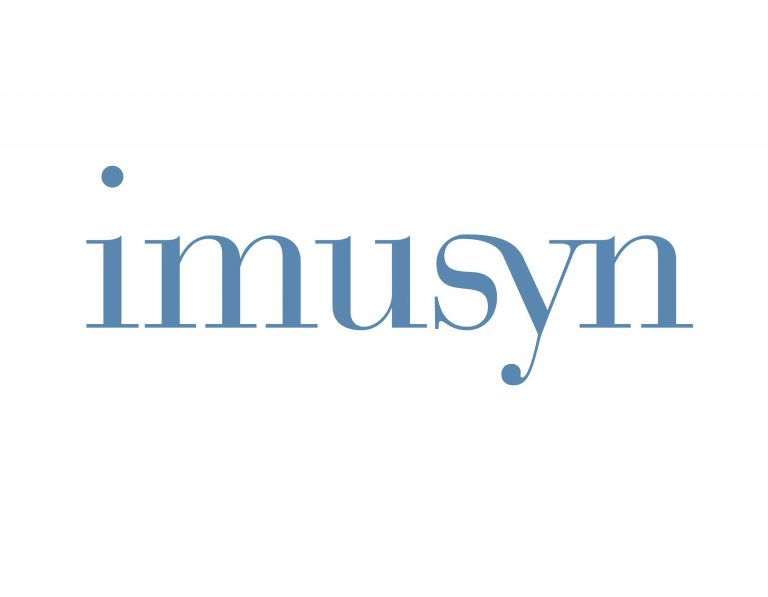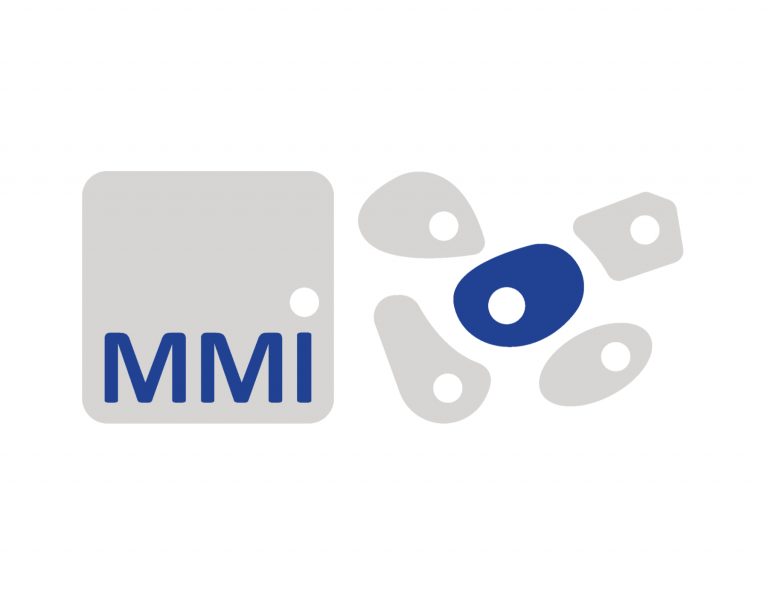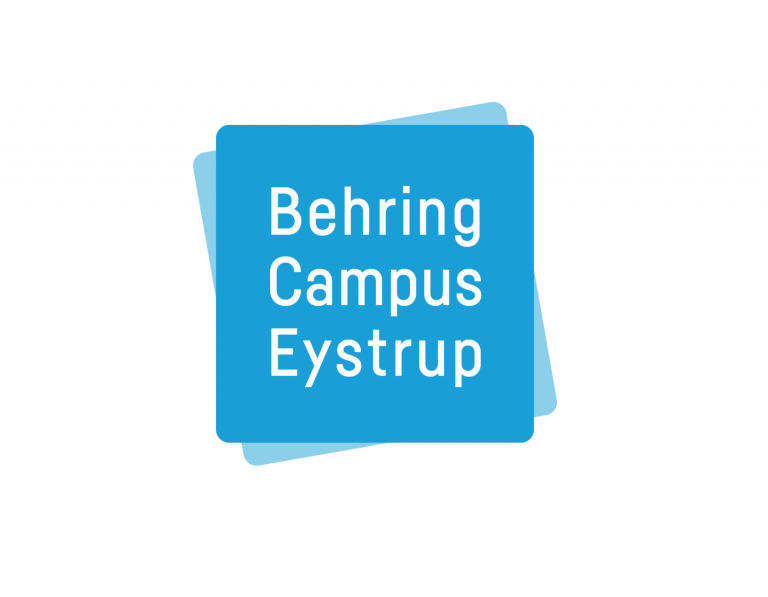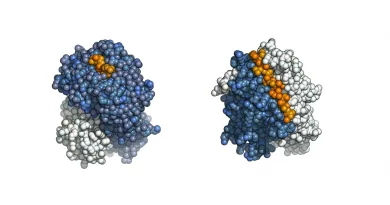Pfizer’s ADCETRIS® Approved by FDA for Relapsed or Refractory Large B-Cell Lymphoma
Pfizer announced on Wednesday that the U.S. Food and Drug Administration (FDA) has approved ADCETRIS® (brentuximab vedotin) in combination with lenalidomide and a rituximab product for the treatment of adult patients with relapsed or refractory large B-cell lymphoma (LBCL), including diffuse large B-cell lymphoma (DLBCL), after two or more prior lines of systemic therapy. The approval applies to patients ineligible for autologous hematopoietic stem cell transplantation (auto-HSCT) or chimeric antigen receptor (CAR) T-cell therapy.
The decision is based on data from the Phase 3 ECHELON-3 trial, which showed the ADCETRIS regimen reduced the risk of death by 37% compared to lenalidomide and rituximab plus placebo, achieving a statistically significant improvement in overall survival (OS) (HR 0.63; p=0.0085). This marks the first Phase 3 trial to demonstrate an OS advantage over the comparator regimen in this patient population.
This approval marks the eighth indication for ADCETRIS, supported by Phase 3 ECHELON-3 trial demonstrating 37% reduction in risk of death.
Dr. Roger Dansey, Pfizer’s Chief Oncology Officer, stated:
“More than 3,500 U.S. patients annually face treatment failure or relapse after two prior therapies for this aggressive lymphoma.This approval provides a critical option beyond chemotherapy or CAR-T therapies, reinforcing ADCETRIS as a standard of care with proven survival benefits.”
ECHELON-3 Trial Insights
The global study included 230 heavily pre-treated patients, some of whom had prior CAR-T therapy. OS benefits were consistent regardless of CD30 expression. Key secondary endpoints, including progression-free survival (PFS) and overall response rate (ORR), also showed positive outcomes.
The safety profile aligned with ADCETRIS’s known risks, with Grade 3 or higher adverse events such as neutropenia (43% vs. 28% in placebo arm), thrombocytopenia (25% vs. 19%), and anemia (22% vs. 21%). Peripheral sensory neuropathy was infrequent (Grade 3: 4% vs. 0%).
Addressing DLBCL’s High Unmet Need
DLBCL, the most common aggressive non-Hodgkin lymphoma, affects over 25,000 Americans annually. Up to 40% of patients relapse or develop refractory disease after initial treatment, with over 3,500 requiring third-line therapy yearly. Despite advances like bispecifics and CAR-T, many patients remain ineligible or experience relapse.
Dr. Craig Portell, ECHELON-3 principal investigator and Associate Professor at the University of Virginia, said:
“ADCETRIS offers a new outpatient option with proven efficacy for patients who’ve exhausted other therapies.”
ADCETRIS’s Expanding Role
This approval represents the eighth U.S. indication for ADCETRIS, an antibody-drug conjugate targeting CD30. Since its 2011 debut, over 55,000 U.S. patients and 140,000 globally have been treated with the therapy.
Pfizer and Takeda jointly develop ADCETRIS, with Pfizer commercializing it in the U.S. and Canada. Development costs are shared equally, except in Japan, where Takeda holds sole responsibility.
ECHELON-3 data were published in JCO Oncology Practice (January 7, 2025) and presented at the 2024 ASCO Annual Meeting.
About ADCETRIS® (brentuximab vedotin)
ADCETRIS® (brentuximab vedotin) is an antibody-drug conjugate (ADC) combining a CD30-directed monoclonal antibody with the microtubule-disrupting agent monomethyl auristatin E (MMAE), linked via Pfizer’s proprietary protease-cleavable technology. It selectively delivers MMAE to CD30-expressing cells, minimizing systemic toxicity. It is approved for eight U.S. indications, including multiple lymphoma subtypes.
Original Source: Press release, Pfizer Inc., Wednesday, February 12, 2025 – U.S. FDA Approves Pfizer’s ADCETRIS® Combination Regimen for the treatment of Relapsed/Refractory Diffuse Large B-Cell Lymphoma
Recommended Companies
More Headlines








